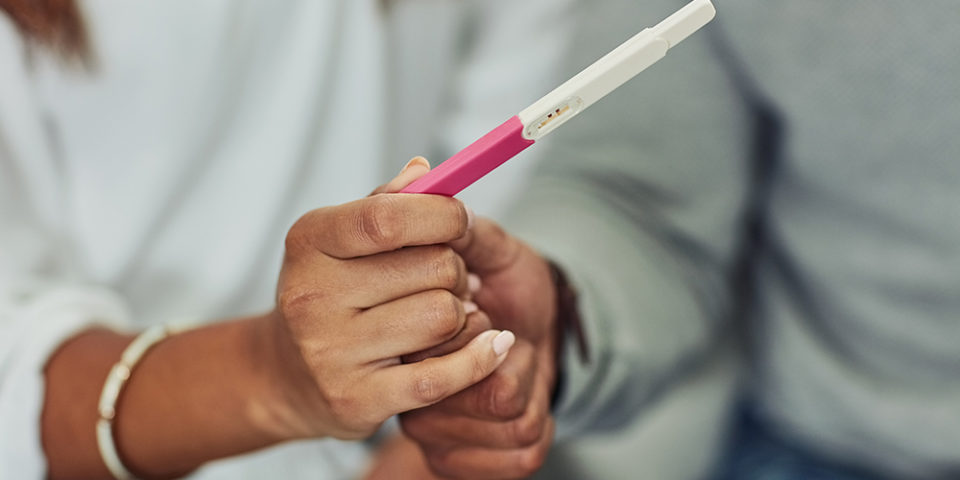What is infertility?
Infertility affects more than 15% of couples trying to get pregnant. It is defined as the inability to conceive within six months to one year, depending on your age, despite having unprotected sex. Chelsea Fox, MD, answered questions to help you understand and identify fertility issues you may be experiencing.
Who does infertility affect?
Infertility affects both men and women. Male factor contributes to 20–30% of infertility while another 20–30% of couples will have an abnormality identified in both partners. Problems affecting women include ovulatory dysfunction, age-related fertility decline, blocked or damaged fallopian tubes, uterine abnormalities and endometriosis.
When should you seek help?
Most couples seek help after trying to conceive for one year if the female partner is under 35, or after six months if 35 or older. However, if you are having difficulty conceiving and any of the issues below apply to you or your partner, you may want to seek help earlier:
- The female partner has irregular or absent periods
- The female partner is age 40 or older
- The female partner is having trouble with intercourse, such as pain
- The male partner is unable to achieve an erection or ejaculate
- Either partner has a history of sexually transmitted diseases
- Either partner has a surgery history or damage to reproductive organs
- Either partner has a history of serious illness, such as cancer
- Either partner has hormonal problems
- Either partner has a history of exposure to radiation or toxins
Patients can have their initial evaluation with their OB/GYN or go directly to a reproductive endocrinologist.
How is infertility diagnosed?
Before a treatment plan is established, a thorough evaluation of the patient and/or couple begins with a medical history and a physical exam. For men, a semen analysis is recommended to be done early in the process since male factor infertility is relatively common and abnormalities in the sperm can impact treatment.
For most patients, other tests will include:
- Hormone and ovarian reserve testing
- Assessment of the uterus and ovaries with a transvaginal ultrasound
- Assessment of the fallopian tubes with a hysterosalpingogram (HSG)
Other testing may also include a saline-infused sonohysterogram (SIS), a procedure where saline is infused into the uterus to closely evaluate the uterine cavity, or a laparoscopy, a surgical procedure to investigate for causes of infertility such as endometriosis.
What treatment options are available?
You can make some lifestyle changes to help increase your ability to get pregnant. These may not be the cause of your infertility or resolve your infertility, but they can help your chances to conceive.
- Take a prenatal vitamin containing folic acid
- Limit alcohol, tobacco, caffeine and drugs
- Request preconception testing/counseling from your primary care provider or OB/GYN
- Maintain a healthy weight, balanced diet and moderate exercise
- Track your menstrual cycle and contact your physician if you note irregularities with your cycle
If lifestyle changes are unsuccessful, available treatment options may include:
- Ovulation induction and timed intercourse
- Intrauterine insemination (IUI) with your partner or donor sperm
- In vitro fertilization (IVF)
- Oocyte cryopreservation (egg freezing)
- Intracytoplasmic sperm injection (ICSI)
- Preimplantation genetic screening (PGT-A)
- Preimplantation genetic diagnosis (PGT-M)
“A variety of factors can affect your ability to get pregnant. If you are trying to conceive and have any concerns, talk to your doctor,” said Dr. Fox.
Get your fertility questions answered
Find a qualified and experienced fertility specialist near you.
Find a Fertility Specialist

